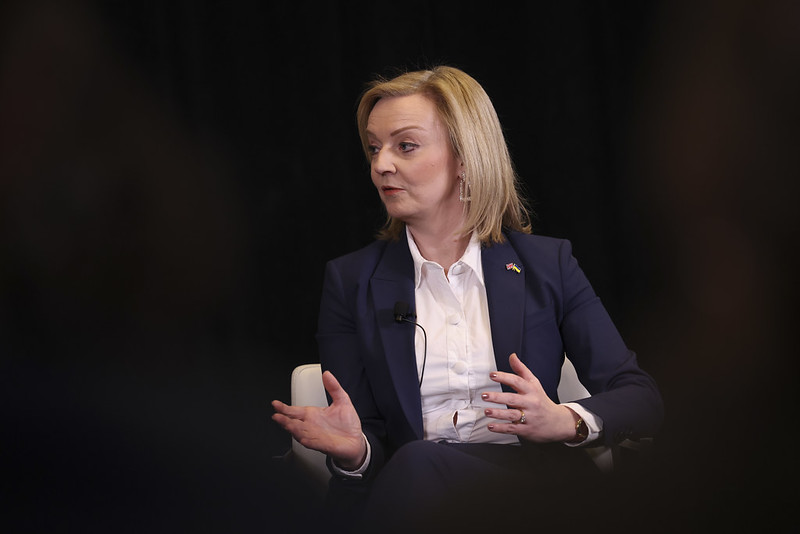29 AUGUST 2022 | NEWS
The front-runner to be leader of the Conservative Party and the next Prime Minister is rumoured to be mulling further plans to deal with the current cost-of-living and energy crises by reducing the rate of Value-Added Tax (VAT) by 5 percentage points from 20% to 15%, so as to reduce the pressures faced by families in the coming winter.
Leadership candidate and current Foreign Secretary Liz Truss is planning to introduce a series of tax cuts that will include a reduction in VAT, which is said by Westminster sources to be her “nuclear option”. This will come on top of a £400 payment to help with energy bills that is due to be given out by the Government, in a policy introduced by fellow leadership candidate Rishi Sunak when he was Chancellor of the Exchequer.
During the last financial crisis, former Labour Chancellor Alistair Darling cut VAT by 2.5 percentage points from 17.5% to 15% in late 2008 for a little over one year as part of a package of measures to help support families during the economic turbulence.
And in a further intervention, Mr Darling said today that “bold action” would be needed from the Government in order to tackle the “lethal cocktail” that he said was facing small businesses in light of soaring energy bills. Businesses are not subject to the domestic energy price cap.
The former Chancellor added that “you’ve got to announce it now” in respect of any action the Government may choose to take. However, it would be extraordinary for an outgoing government to set policy that may bind its future leader when that person is as yet unknown.
But Mr Darling went on to say: “One lesson I drew from what happened in 2008 is you’ve got to do more than people expect, and you’ve got to it more quickly than people expect, if it’s going to work.”
A member of Ms Truss’ campaign team said: “Liz has been clear we need to lower the burden of taxation and focus on boosting energy supplies, and this will be her priority as Prime Minister.
“She’s also been clear further support may be required to help. Her preference is to target this to those most in need, but [she] isn’t ruling anything out.”
The comments come following the expected announcement made by the energy regulator Ofgem on Friday that the price cap on household energy bills would be raised. The annual energy price cap for gas and electricity will rise by 80% to £3,549 a year, beginning this October.
Mr Sunak, on the other hand, had previously promised to find money in order to help struggling families throughout the crisis. He had also criticised Liz Truss’ approach, saying it helped big business but did not support those most in need.
A member of Sunak’s team responded to the reports suggesting that Ms Truss would aim to cut VAT by saying: “Tory members will not like the sound of Liz Truss boosting welfare – once it goes up, it’s hard to take back down.
“It also means the worst off this winter are hard-working families and pensioners on middle incomes, which are Conservative and swing voters. Truss’ plan is a gift to Labour.”
In an article in The Sun a few weeks ago, Mr Sunak wrote: “Families are facing a long, hard winter with rising bills. Yet Liz’s plan to deal with that is to give a big bung to large businesses and the well-off, leaving those who most need help out in the cold.”
He continued: “We need clear-eyed realism, not starry-eyed boosterism. That means bolder action to protect people from the worst of the winter.”
The current Chancellor, Nadhim Zahawi, also told The Daily Telegraph that any plan to help people through the cost of living crisis would need to include middle-income earners, not only the worst off. He said:
“If you are a senior nurse or a senior teacher on £45,000 a year, you’re having your energy bills go up by 80% and will probably rise even higher in the new year – it’s really hard.
“If you’re a pensioner, it’s really hard. So Universal Credit is a really effective way of targeting, but I’m looking at what else we can do to make sure we help those who really need the help.”
Voting in the Conservative Party leadership contest will conclude on 2 September at 5pm, with the next Pime Minister announced on 5 September.

























